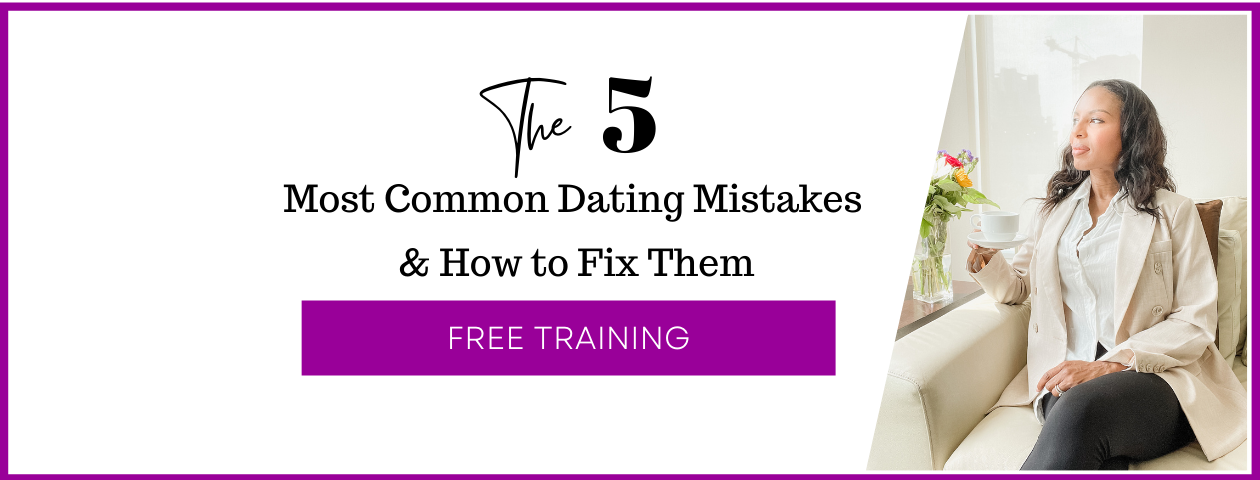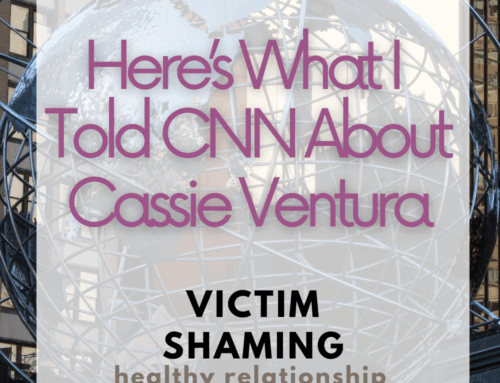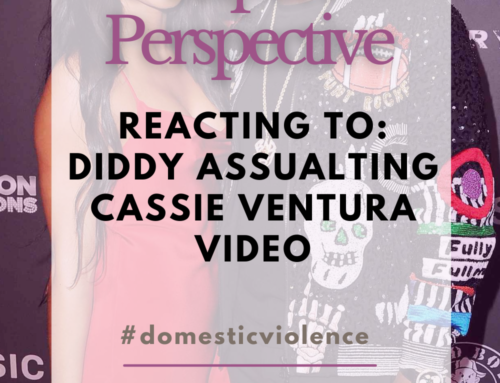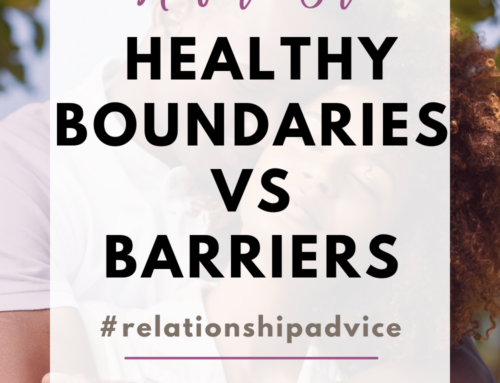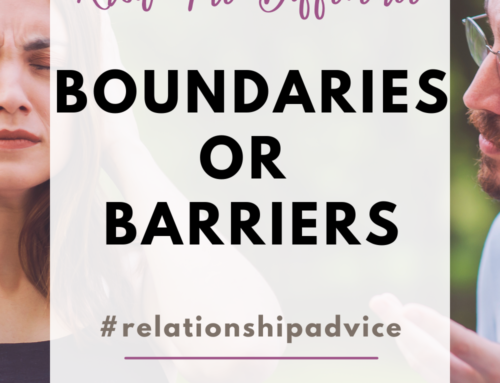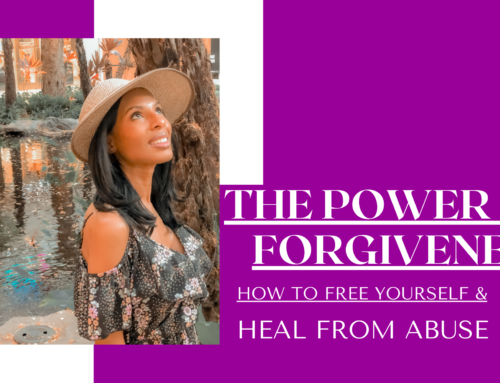Share This Story, Choose Your Platform!
There are only two types of relationships: a healthy relationship or an unhealthy relationship. However, since most people do not know how to recognize a healthy relationship vs. an unhealthy relationship until they are in a really bad relationship, I am going to show you the differences below:
Healthy Relationships:
A healthy relationship is comprised of six ingredients: communication, compromise, commitment, compatibility, conduct, and consideration. When you are in a healthy relationship you feel good; you are happy even when you are alone or with the person you are with. In a healthy relationship you do not have to walk around on eggshells because you and your partner exhibit good personal boundaries, and each person is free to express who they truly are.
Unhealthy Relationships:
An unhealthy relationship is labeled as such because of the level of emotional, mental or physical conflict within it. Unhealthy relationships happen quite often. However, until recently people did not discuss the details of one’s intimate or romantic relationships.
Just less than ten years ago if someone you knew was in an unhealthy or abusive relationship, they didn’t discuss it, and neither did you. Most people went by the notion of once you were married, you were married for better or for worse. Therefore most people who were in unhealthy relationships stayed in these relationships, and if the relationship did somehow end in most cases it was due to the death of one of the people in the relationship.
How to Identify And Avoid Unhealthy Relationships:
The only way to avoid an unhealthy relationship is to avoid getting into a relationship with a manipulative or abusive person. Easier said than done! Particularly because manipulative or abusive people are masters at keeping their unwarranted behaviors under wraps, that is until they have firmly gained control over you and the relationship. And, by then it’s too late. Nevertheless, there are still things you can do to avoid getting into an unhealthy relationship if you know what to look for.
The first thing you may notice about an abusive person is that they have major control issues. However they do not typically display this flaw all at once, it is something that is gradually revealed over time. The first time you may notice the abusive person’s controlling nature is when you are getting dressed to go out. Perhaps the abusive person begins to subtly talk about what you’re wearing.
For men, they might hear something like, “Why don’t you wear your blue suit instead of your black suit.” For women, they might hear something like, ” You would look so much better if you wore less makeup or if you wore flats instead of heels.” If in this instance the abuser is able to convince the person to go along with their suggestion, they will make more and more suggestions until eventually they gained control.
“If you think you are in an unhealthy or abusive relationship, it is time to run — not walk, but run.”
Another control technique that abusers use is isolation. This too happens gradually and over time. In the beginning the abusive person will try to dominate all of your time. At first you might think he or she just really enjoys spending time with you. But, soon you realize that this person has somehow managed to isolate you from your family and friends.
These people are usually cunning enough to know that isolating you from your family and friends has to be done gradually. Otherwise you might catch on too soon, thus lessening his or hers control over you.
To isolate you from your friends they may say things like, “I don’t think your friends like me or maybe your friends are jealous because you finally met someone who makes you happy.” And, even when you know that there is no validity to what this person is saying, especially because you haven’t noticed anything yourself, you stay.
When you care enough about that person you don’t want to believe that they are lying to you. And, thus you accept what they say, and spend less time around the people he or she has accused. Which, in most cases happens to be your friends, family and loved ones. Once the abusive person has accomplished isolating you from your loved ones that is when things get worse.
Now let me say this, not all unhealthy relationships lead to severely abusive relationships. However, they are not good. Mostly because when you are in an unhealthy relationship you don’t feel good about yourself. You are not able to be who you are, and most of all unhealthy relationships are riddled with intense drama and instability.
What To Do If You Think You’re In An Abusive or An Unhealthy Relationship:
If you think you are in an unhealthy or abusive relationship, it is time to run — not walk, but run. While sometimes unhealthy relationships can be nurtured into a healthy one with the help of a relationship coach or therapist, abusive relationships are only going to get worse the longer you stay.
A long time ago, I was married to a very emotionally, mentally and physically abusive man. I can tell you that I went through all of the stages I mentioned above. And, trust me I didn’t know I was in an abusive relationship until it was too late. I lost my family, my friends and on many occasions I even lost a place to live.
And, things only got better when I found a way to connect with the right people who were able to help me escape. This man nearly killed me more than once. However, with support I was able to get out of that relationship and stay out. It was because of this relationship and other unhealthy relationships that followed that lead me to teach people how to recognize healthy relationships vs. unhealthy relationships.
As with anything, knowledge is power. If you believe you or someone you know is in an unhealthy or abusive relationship finding a qualified professional to help is the first step. Call the National Domestic Violence Hotline at 1-800-799-7233 number to learn more or call 911 if you believe someone you love may be a victim of domestic, interpersonal or sexual abuse.
This article was originally published on Huffington Post and is republished here with permission from the author.

